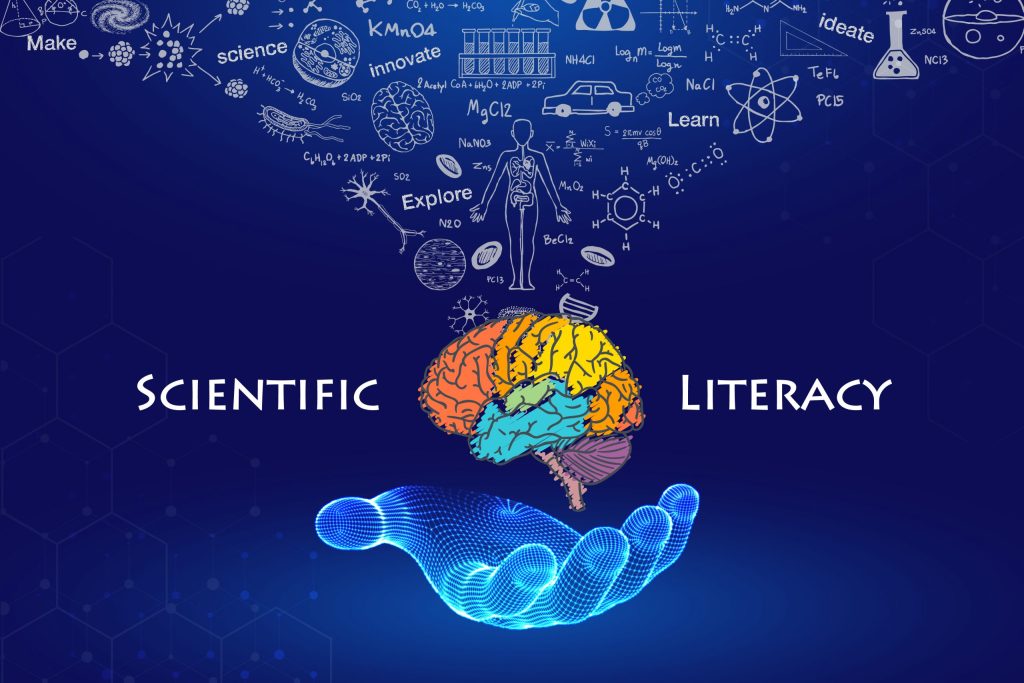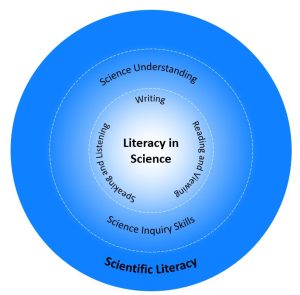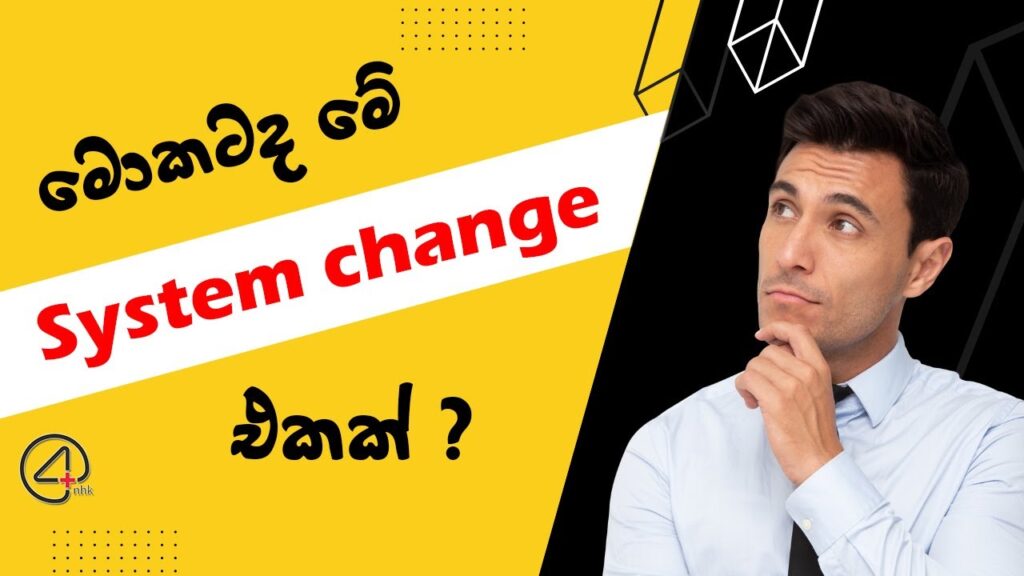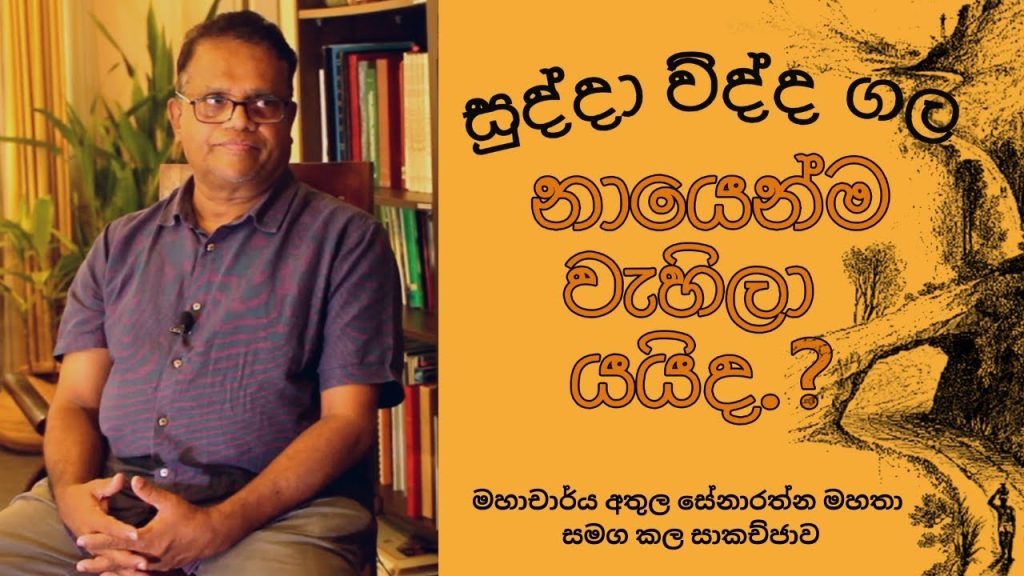
All eyes are now on the future, when there will be an abundance of information to absorb, accessible via smart devices or other media, and only the human brain will be able to determine whether the information is true or false. One without scientific literacy would always get caught by the false misleading information.
What is Scientific literacy?
Science literacy is the comprehension of science processes as well as the knowledge of key science ideas. This includes using science to solve cultural, political, social, and economic problems. “The ability to engage with science-related topics and ideas as a thoughtful citizen,” says the OECD PISA Framework (2015), defines scientific literacy.
A person who is scientifically literate is able to engage in rational discourse regarding science and technology, which involves the ability to:
1. Recognize, offer, and evaluate explanations for a wide range of natural and technology events in a scientific manner
2. Design and evaluate scientific research – explain and evaluate scientific investigations and suggest approaches to answer questions scientifically.
3. Analyze and evaluate data, claims, and arguments using a variety of representations, and then develop scientific conclusions as a result of your findings.

Why do we need Scientific literacy?
It’s true that some people require specialized information, but making well-informed decisions is a group effort that necessitates a society of scientifically literate thinkers who can distinguish between reliable sources of scientific data and spurious claims.
When it comes to selecting a doctor or medical therapy, scientific literacy helps us make better decisions. In this way, we learn to question whether or not we need to finish a complete course of an antibiotic and whether or not that antibiotic will be superseded by another in the future. It demonstrates the dangers of oversimplified genetic explanations for disease, which can lead to erroneous expectations and bad choices. There is a strong emphasis on always learning new things, as well as a willingness to accept revisions as what is learned one day is replaced with something entirely different.
Making well-informed social judgments necessitates scientific literacy, but it is by no means adequate. Because science is a socially collaborative endeavor involving human beings, it is critical that this fact be emphasized in our system. We can’t pretend that science is a completely impartial endeavor, free from the influence of social factors. We should prepare themselves for debates by cultivating critical thinking skills. Everyone should be able to understand scientific concepts.
![]()


